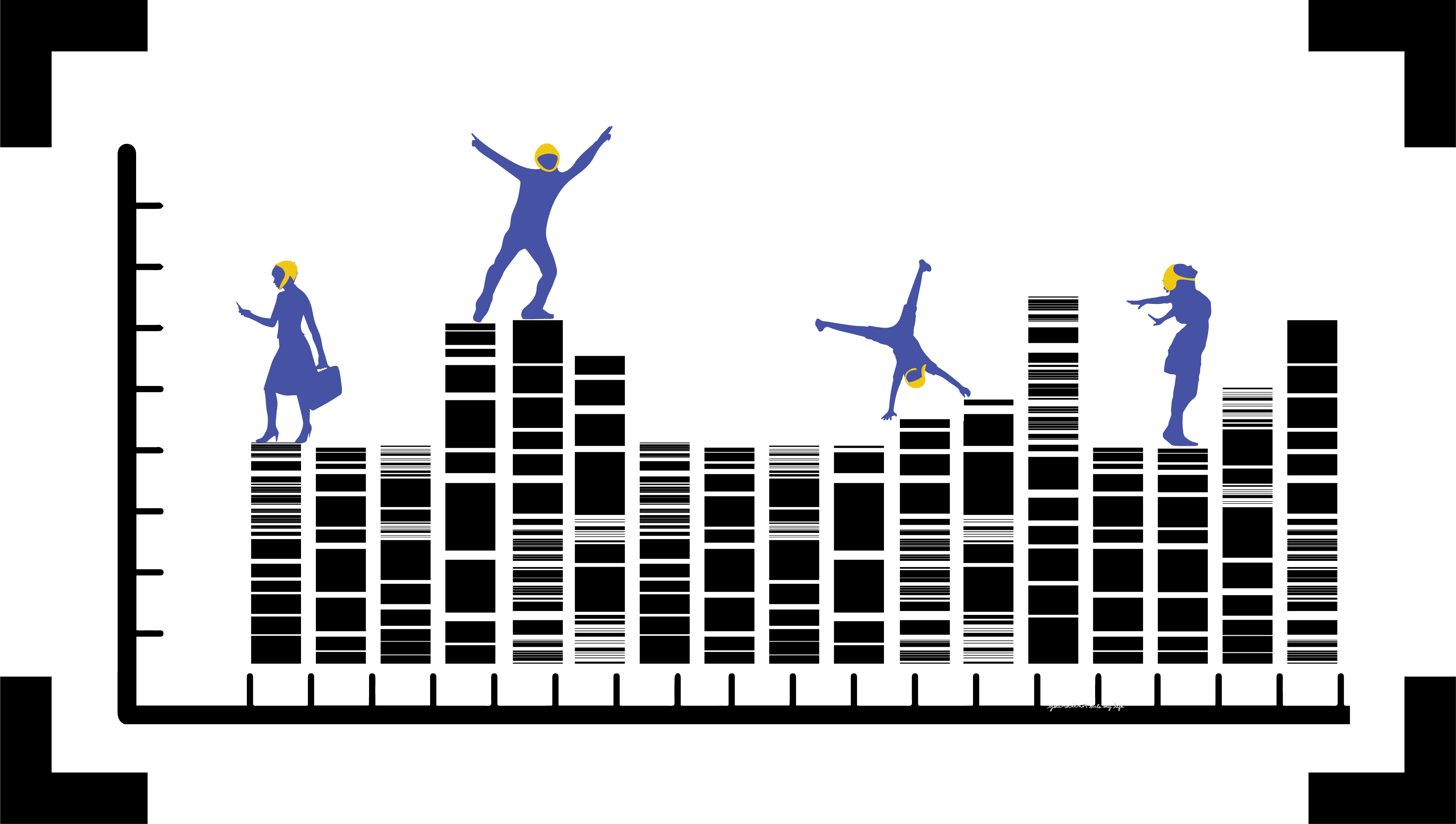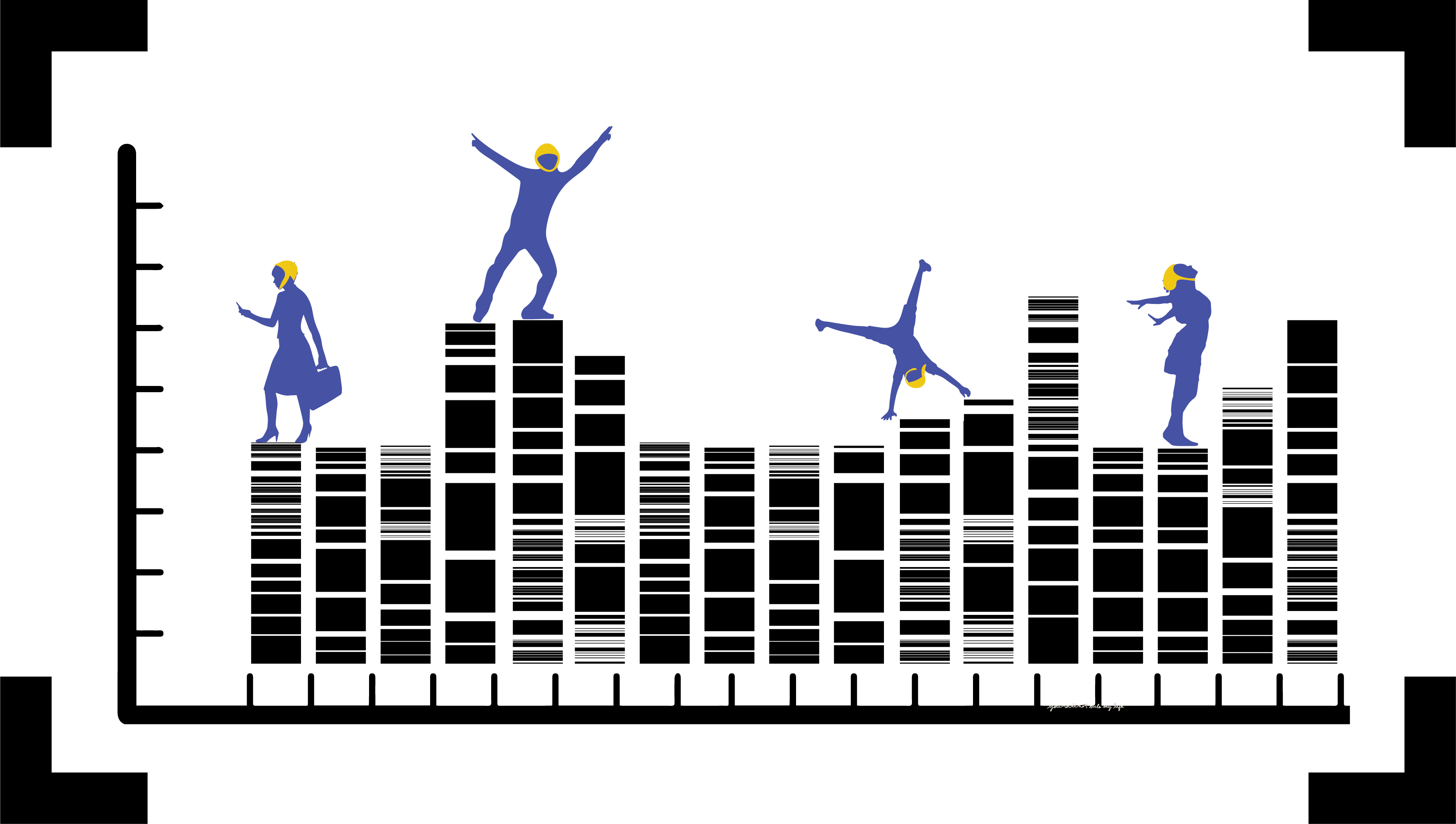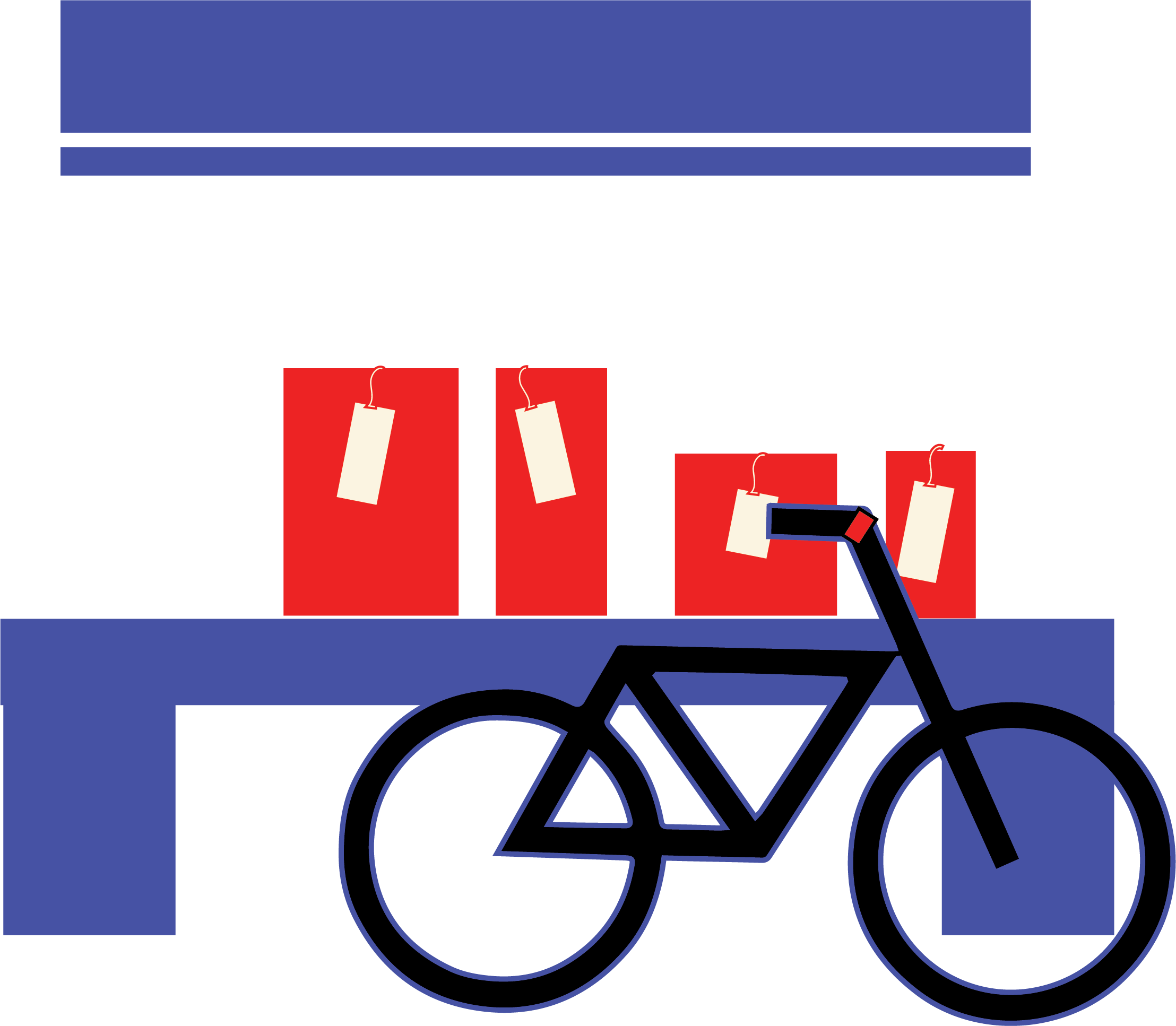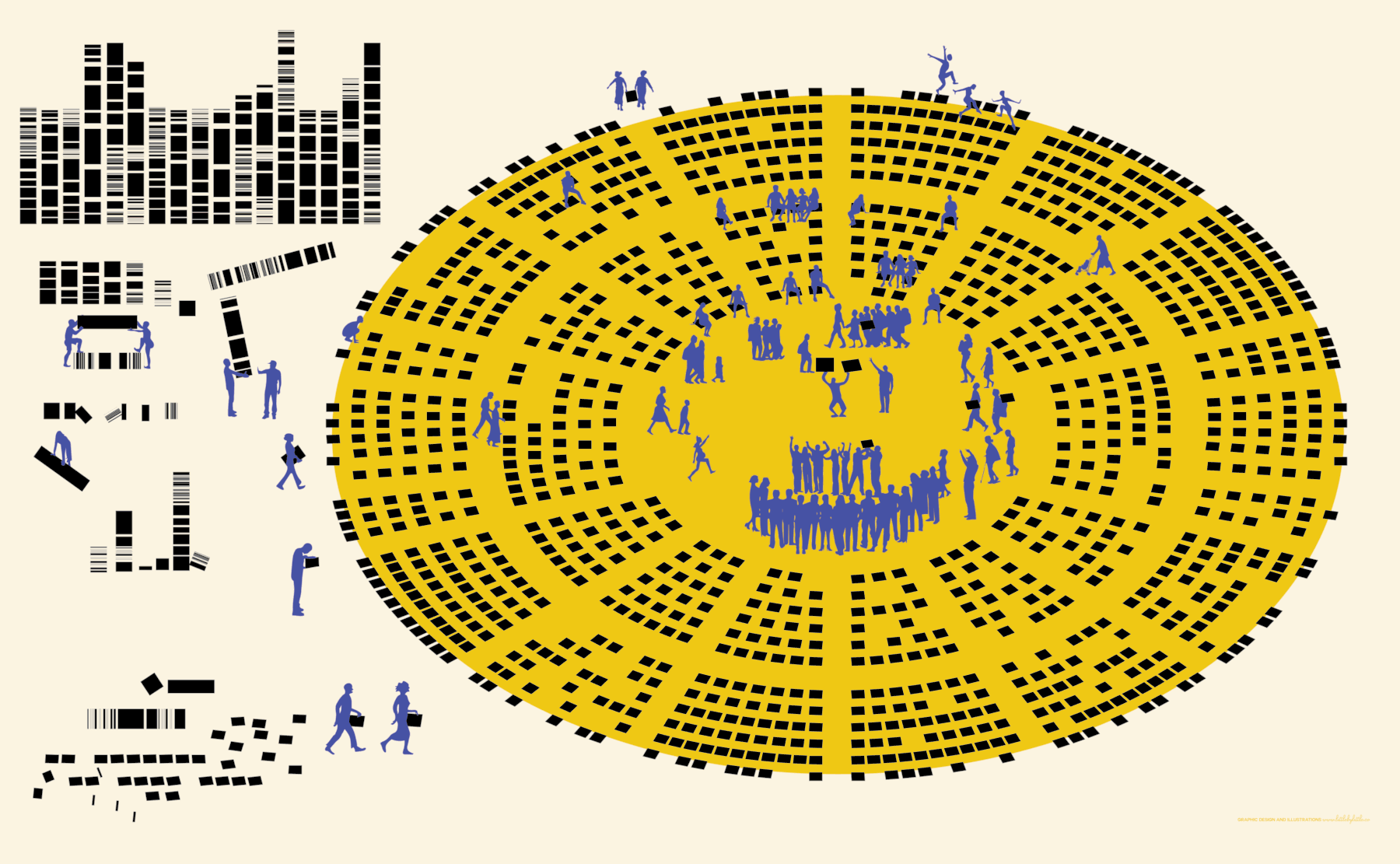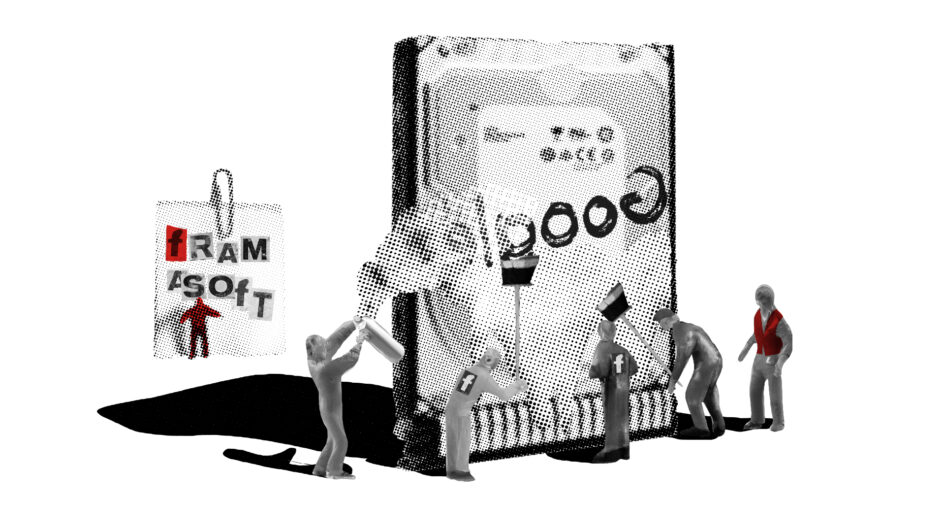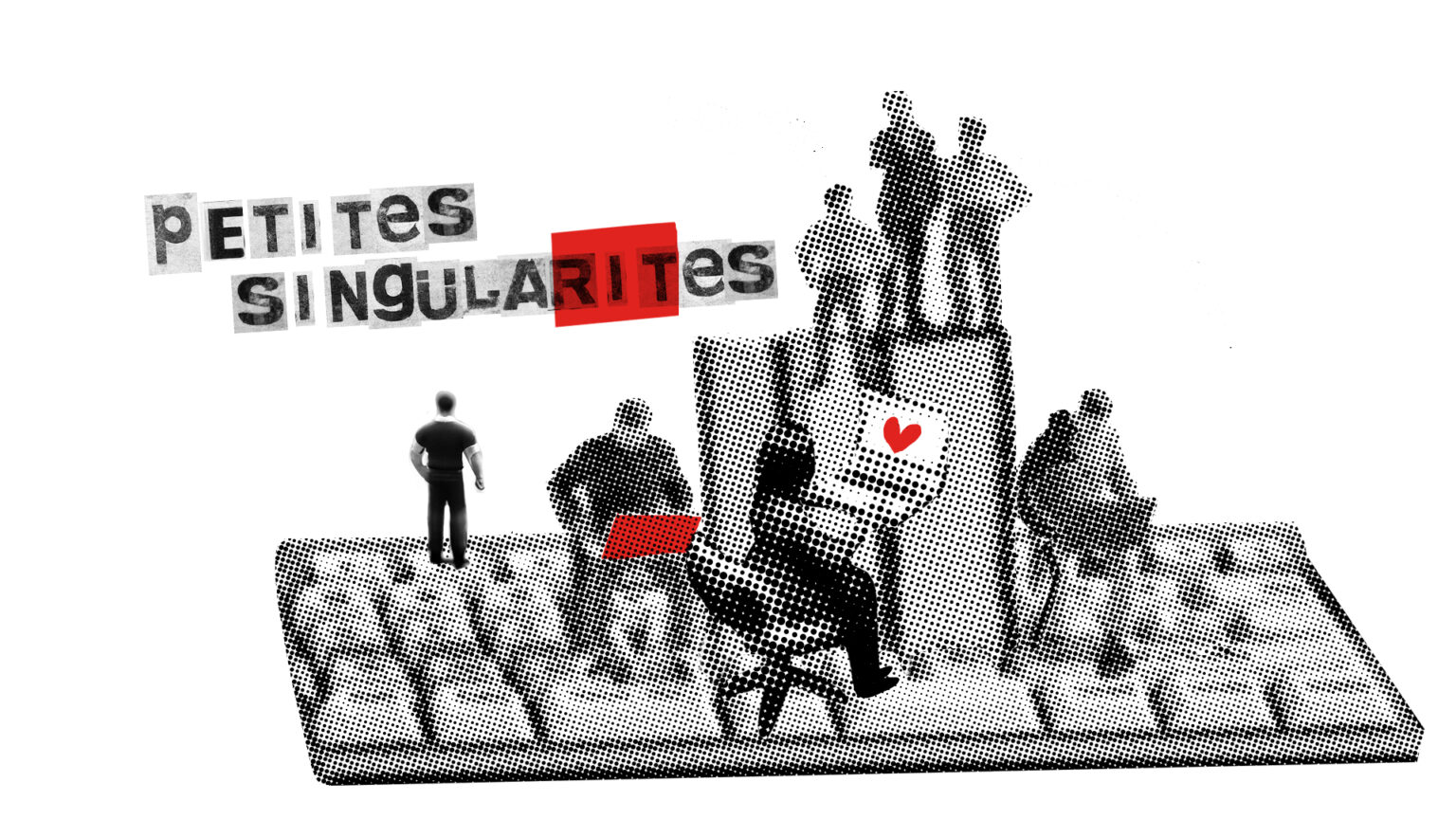Public
Debate
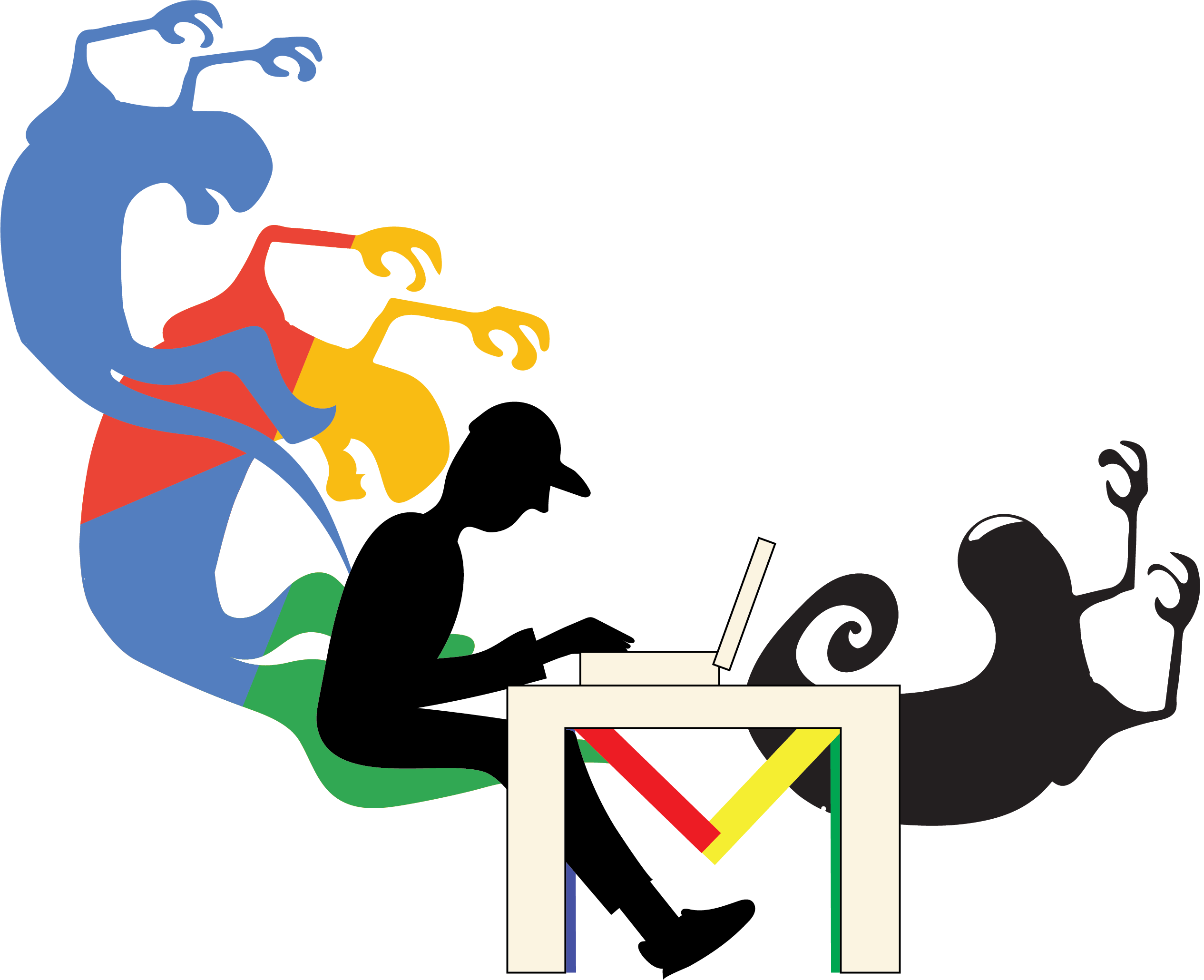
Despite journalists continuing to produce quality work, the inequitable and skewed distribution of media by big tech platforms creates polarized public debates.
Facebook and Google have become responsible for the overwhelming majority of traffic to websites of news media. This has made journalism dependent on the ad-tech-driven logic of these two major platforms. Tech platforms rely on visitors spending more time on their sites and returning. To keep readers attentive and interested, they prioritize selective emotion-evoking stories through algorithms. The structure of the platforms tracks readers into rabbit holes of stories and society as a whole no longer has common ground on which to converse and make collective decisions.
Here we share some stories on the structural nature of these developments and the impact they are having on people’s lives.
 ☰
☰
